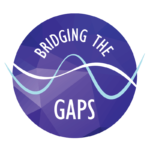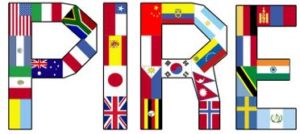Growing Mind (2018-ongoing)
Educational transformations for facilitating sustainable personal, social, and institutional renewal in the digital age.
The youth are our most important resource for future sustainable development. The Growing Mind -project aims at producing means for the renewal and development of schools, teachers and students on the personal, social, and institutional level. The project aims for societal impact and brings to the forefront the challenges arising from digitalization on the social, personal and institutional level. The project activities are done in cooperation between school practitioners and academic research. The activities support the aims of the new core curriculum, students’ 21st century skills and teachers’ professional development.
Bridging the Gaps (2017 – ongoing)
Bridging the Gaps – Affective, cognitive, and social consequences of digital revolution for youth development and education
A four-year (2017-2021) research consortium funded by the Academy of Finland.
GAPS team with five leading interdisciplinary professors (developmental science, cognitive neuroscience, educational psychology, medicine) examine longitudinally digital revolution and its consequences for affective, cognitive, brain, and social development and education among adolescents in Finnish and global context. Moreover, in Finland we examine longitudinal fMRI, experience sampling by smartphones, biomarkers of cortisol and sleep, and social networks including social sensors.
Co4Lab
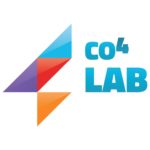
The projects aims at improving quality of science, technology, and craft education at primary and lower secondary schools by organizing series of design experiments for cultivating technology-mediated practices of collaborative invention and discovery.
School projects are focused on exploring challenging real-world phenomena, integrating knowledge and competence across subject domains, and designing and inventing, testing and constructing various artefacts and products, and building knowledge of the process.
Co4-Lab integrates researchers-’and schools’ (teachers and students) efforts for cultivating learning practices that elicit 21st century skills and provide challenges inspiring both male and female and younger and older students.
The project produces guidelines, models, and resources regarding knowledge-creating learning for supporting teachers and schools in nurturing practices of invention pedagogy.
Innokas (2004-ongoing)

Get excited and innovate! The Innokas Network guides schools towards creativity and innovation through technology.
We encourage children, youth and adults – students, teachers, other school actors and collaboration partners – to join us in creating new ways to use technology in the teaching of 21st Century Skills. Could you also become an Inventor? Can Robot Ruttunen visit your school too? Could you travel together virtually to the other side of the World?
Daily Innokas Network activity takes places in schools, kindergartens and public libraries – wherever children are learning 21st century skills. Schools participating in the network and other network participants try out different ways to learn 21st century skills and engage in co-creating their own ways adapted to their local environment.
In the Innokas Network, network participants engage in development activity at the grass-roots level; locally in schools, guided by network trainers and coordinator. As most of the network trainers and coordinators are practicing teachers, the new ways of working developed in the network align well with the day-to-day operations of the Finnish school. The network collects local ideas, experiences and challenges for sharing with all network participants.
Sharing of now co-created ways of working are shared with schools and other Innokas Network participants in events, targeted trainings, and in other activity and learning materials, with the aim of bringing new schools and other participants into the network.
PIRE (2013 – ongoing)
Recently, both the United States and Finland have developed new science standards that stress the value of instructional activities that are interesting, challenging, and relevant to students’ lives and futures. This project is a collaboration between researchers and teachers in the both countries to:
- Measure the academic, social, and emotional learning of students in secondary science classes
- Investigate the effect of the implementation of a new form of science instruction modeled after the new Next Generation Science Standards (NGSS)
- Create an integrated exchange program between the United States and Finland for students, teachers, teacher educators, researchers, and policy leaders to foster the professional development of science teachers and improvement of teacher education programs.
FinEdu (2003 – ongoing)
Finnish Educational Transitions (FinEdu) Studies at the Institute of Behavioural Sciences, University of Helsinki.
The aim of the project is to study the educational transitions and choices, along with factors associated with them, that young people face after compulsory comprehensive education.
Specifically, the study concerns the transition from comprehensive school to secondary education and the subsequent transition to either working life or to further or higher education. The aim is to investigate the educational transitions and choices of the youth with a special emphasis on the role of personal goals, motivation, and subjective well-being.
Past Projects

LEAD – Future Learning Skills
(2014 – 2018)

EWC -Engaging Working Culture
(2016 – 2017)
![]()
RYM Indoor Environment
(2011 – 2015)

JOT Flexible Places for Learning
(2014 – 2016)
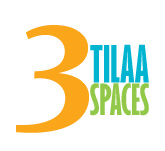
3SPACES
(2015 – 2017)

Mind the Gap
(2013 – 2016)
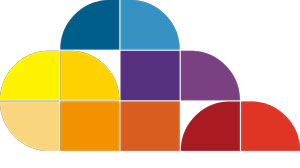
OmniSchool – Koulu Kaikkialla
(2011 – 2015)


